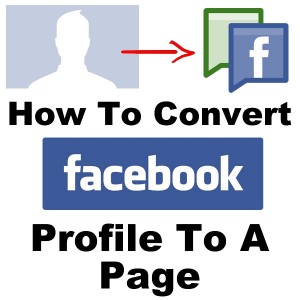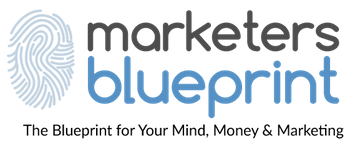As a business, having a presence on Facebook is integral, particularly if you want to ensure that you have a way to reach out to your current customers, as well as make yourself known to many more potential clients. It can be slightly daunting finding yourself trying to navigate the ins and outs of this social media site if you don’t have the expertise of a professional to guide you along the way, which is why it might be a good idea to start out by determining whether you need a page or a profile when you sign up. The last thing you’ll want to do is publish a profile only to find out later that you’ve put all your hard work into the wrong option, so being aware of this from the beginning is a good idea.

It Started as a Profile
Contents
Michelle Stinson explains that in the past, businesses had to choice other than to sign up for a profile on Facebook when it began, because pages hadn’t been created yet, but this has all changed. The problem, however, is that many businesses haven’t made the transition, and more are signing up for profiles without considering how they are going to affect their companies. As Ross puts it;
Over the years the connections have brought success, so there is little motivation to change a good thing. Lots of small business owners have only had time and energy to learn their way around a profile, so they stick with what they know and understand when it comes to their Facebook presence.
There are a range of issues that a professional might have to deal with if they stick to a profile instead of a page, however, and so it is definitely worth finding out a bit more about the differences between the two.
Violating Terms and Conditions
If you’ve signed up for Facebook, you’ll have accepted the terms and conditions that were required when you created your profile, but the chances are good that you didn’t actually read them. If you had gone through each and every one, you will most likely have realized that maintaining a personal account for a business is in violation of this agreement, and if you don’t make the switch, Facebook could end up shutting your profile down without any warning. This means that you will lose out on all of the hard work that you put in and there is nothing you can do about it afterwards. The company created Facebook pages for “commercial gain”, according to the user agreement, which means that businesses only have that option when it comes to setting up their accounts.
If you only have a profile and you’re looking for a way to make the switch, you will most likely be happy to know that there is a way to accomplish this. Not only will you be able to retain your username, but you will also be able to keep your connections in place. It will take a few minutes to make the conversion, but it will be worth your while to do so.
Tracking the Effectiveness of Your Page
A business constantly needs to review its effectiveness when it comes to anything from advertising to customer service, and while the Facebook pages provide people with the information they need to do this, profiles don’t. For example, visiting the “insights” section will help you determine what types of reactions you received from your various posts and allow you the chance to make each one more effective than the last.
If you are looking for some insight into your target market, you can use this data to determine who your “biggest fans” are, and even break down this information by location, gender and age. Remember, the more you know about your fans, the more effective your future advertisements will be.
Delete Duplicate Pages
If you suddenly find yourself with a Facebook page and profile, both in your business name, delete the profile. As Jon Loomer explains it;
That’s confusing!
You can merge the two profiles together so that you don’t lose important contacts or information, but you’ll need to learn how to accomplish this before you make the switch. Remember, everything you do should be for the benefit of your clients, so if you think that they will find something unpleasant or confusing, you will most likely want to take measures to fix it.
Make Your Business Visible
The entire point of establishing a presence on a social media site like Facebook is so that your business can become more visible to potential clients, as well as to existing customers. The pages on this site are optimized so that Google can display them as part of their search results, but this isn’t the case with profiles. The experts of Terra Ferma Media explain it this way;
Surely you would like as many potential customers as possible to find your company online wouldn’t you? Using a personal page to promote your company is hindering your chances.
Remember, with so much competition on the net, the last thing you’ll want is to be left behind because you made a simple mistake, particularly because some small adjustments can really make all of the difference.
If you are using a personal page for a business, you might be turning customers off from sharing their information with you, and this is exactly the opposite of what you want. Customers see pages as being more professional, so they “like” and comment on these much more often than personal pages, or even groups. If you are looking to gain the trust of more and more clients, you need to know how they think and use this information to your advantage.
Facebook can help a business in a variety of ways, but it can also hinder a company from progressing if it isn’t used correctly. If you want to make this site work for you, be sure to take the steps that will help you make the most of the work you put in, rather than hinder your business from finding success.
